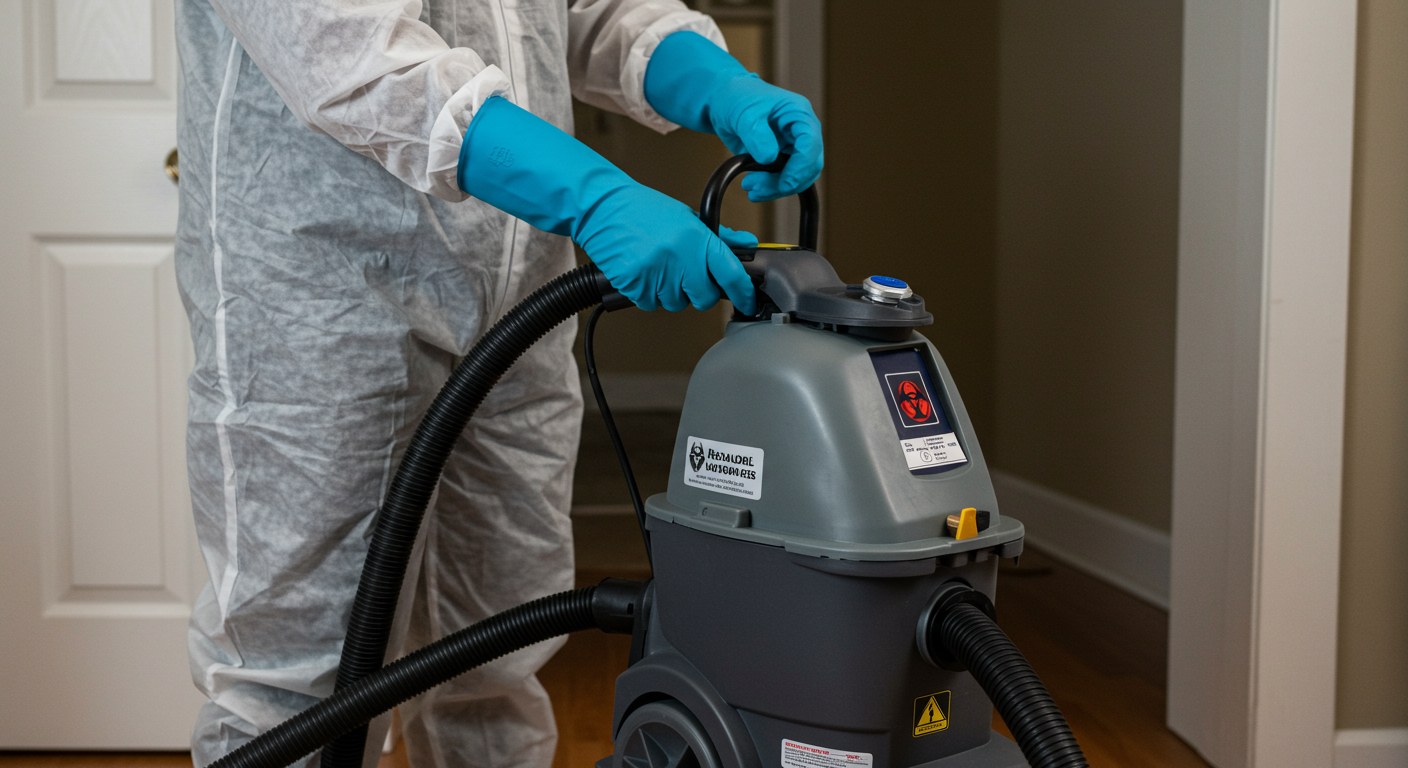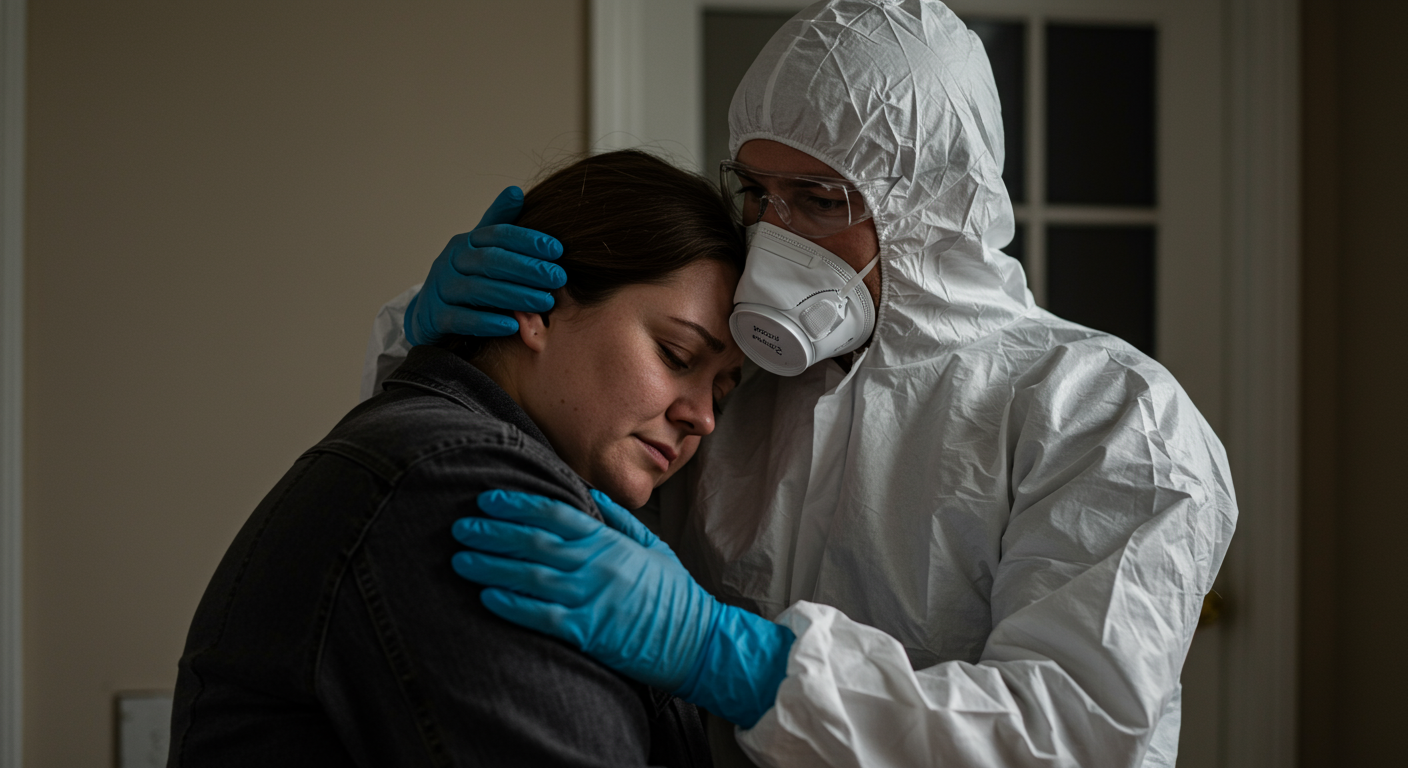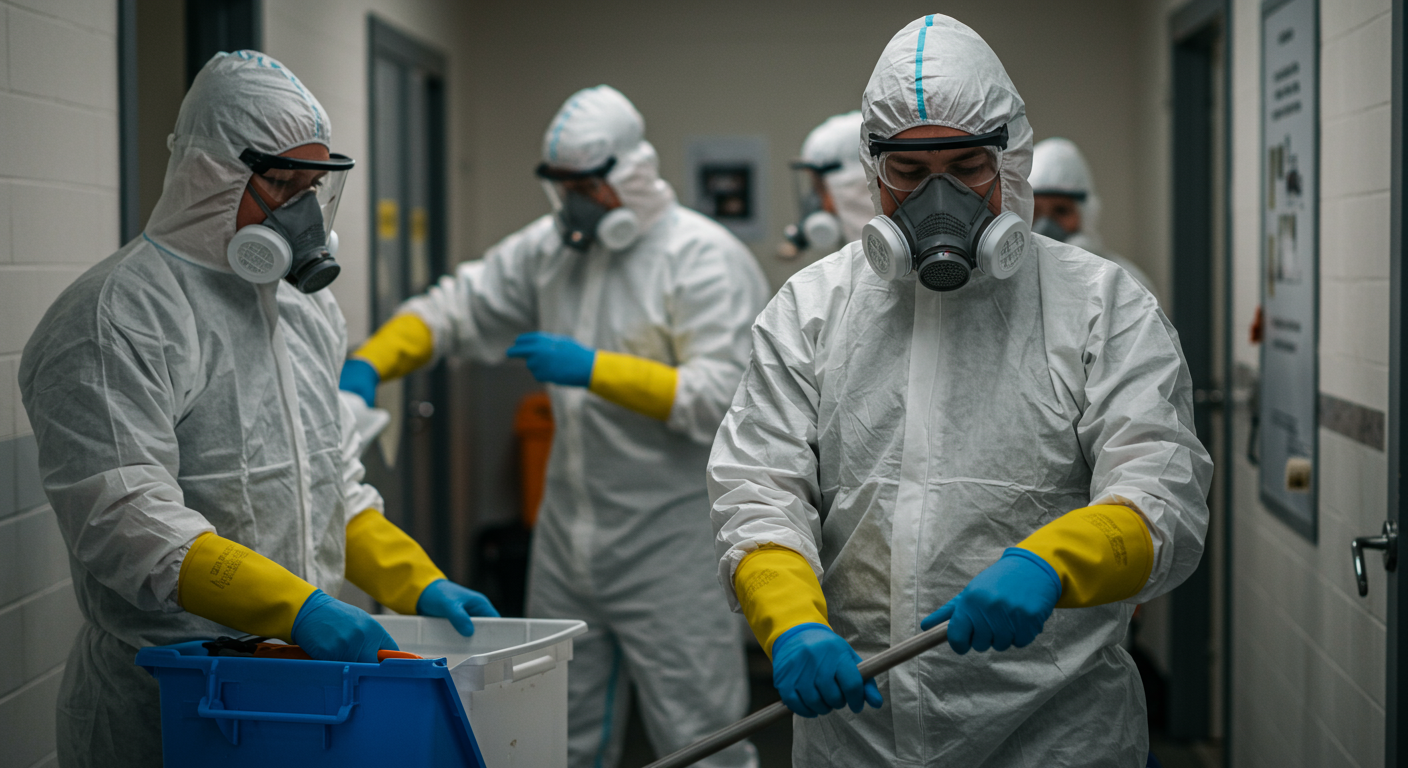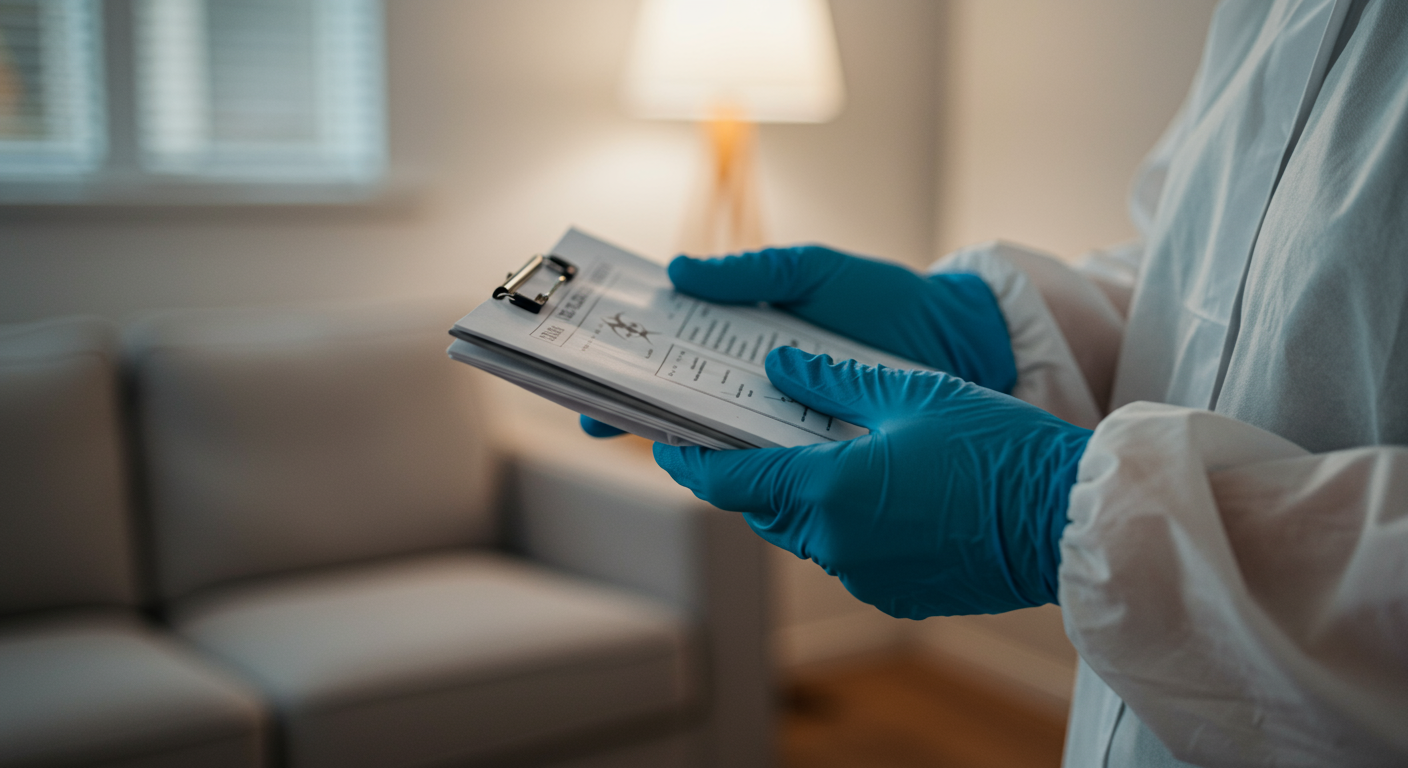Biohazard cleanup is a critical service that ensures the safe removal of hazardous materials from environments affected by crime scenes, accidents, or infectious diseases. In Belleville, IL, obtaining a biohazard cleanup license is essential for professionals in this field. This guide will walk you through the requirements, best practices, and key considerations for securing a license and excelling in this vital industry.
Understanding Biohazard Cleanup in Belleville, IL
Overview of Biohazard Cleanup Services
Biohazard cleanup involves the removal and decontamination of biological and chemical hazards, including blood, bodily fluids, and other potentially infectious materials. These services are essential in restoring safety and cleanliness to environments affected by traumatic events, such as crime scenes, suicides, or industrial accidents. Professionals in this field must adhere to strict safety protocols to prevent the spread of infections and ensure compliance with local and federal regulations.
Importance of Professional Cleanup
Hiring a licensed biohazard cleanup company is crucial for ensuring the job is done safely and effectively. Professionals are trained to handle hazardous materials using specialized equipment and techniques. This not only protects the health of individuals but also prevents legal liabilities that may arise from improper cleanup. In Belleville, IL, the demand for professional biohazard cleanup services continues to grow, making it a promising career path for those interested in the field.
Requirements for a Biohazard Cleanup License in Illinois
Necessary Certifications and Permits
To operate as a biohazard cleanup professional in Illinois, you must obtain specific certifications and permits. These typically include OSHA (Occupational Safety and Health Administration) compliance certifications, which cover bloodborne pathogen training and hazardous waste operations. Additionally, you may need state-specific permits to handle and dispose of biohazardous materials legally. Familiarize yourself with Illinois’ Department of Public Health regulations to ensure full compliance.
Training and Qualifications for Technicians
Proper training is a cornerstone of biohazard cleanup. Technicians must undergo rigorous training programs that cover topics such as infection control, chemical handling, and the use of personal protective equipment (PPE). Many training programs also include hands-on experience to prepare technicians for real-world scenarios. In Illinois, completing a certified training program is often a prerequisite for obtaining a biohazard cleanup license.
Choosing a Reliable Biohazard Cleanup Company
Key Features to Look For
When selecting a biohazard cleanup company, it’s essential to consider their credentials, experience, and reputation. Look for companies that are licensed, insured, and certified by recognized organizations such as the American Bio Recovery Association (ABRA). Additionally, a reliable company should have a proven track record of handling various biohazard situations with professionalism and efficiency.
Questions to Ask Before Hiring
Before hiring a biohazard cleanup service, ask questions to gauge their expertise and reliability. Key questions include:
- Are your technicians certified and trained in biohazard cleanup?
- What safety protocols do you follow during the cleanup process?
- Can you provide references or testimonials from previous clients?
- Do you offer a detailed estimate and timeline for the cleanup?
By asking these questions, you can ensure that you’re hiring a company that prioritizes safety, compliance, and customer satisfaction.
The Cleanup Process: What to Expect
Step-by-Step Breakdown of Biohazard Cleanup
The biohazard cleanup process typically involves several steps:
- Assessment: The cleanup team evaluates the site to determine the scope of work and identify potential hazards.
- Containment: The affected area is sealed off to prevent cross-contamination.
- Removal: Hazardous materials are carefully removed using specialized tools and techniques.
- Disinfection: The area is thoroughly cleaned and disinfected to eliminate pathogens.
- Restoration: The site is restored to its original condition, ensuring it is safe for occupancy.
Each step is carried out with precision and adherence to safety standards to protect both the cleanup team and the property occupants.
Safety Protocols and Equipment Used
Safety is paramount in biohazard cleanup. Technicians wear PPE, including hazmat suits, gloves, masks, and goggles, to minimize exposure to hazardous materials. Specialized equipment, such as HEPA vacuums and industrial-grade disinfectants, is used to ensure thorough cleaning. Additionally, all waste is disposed of in accordance with state and federal regulations to prevent environmental contamination.

Conclusion
Obtaining a biohazard cleanup license in Belleville, IL, is a rewarding endeavor that opens doors to a vital and growing industry. By understanding the requirements, investing in proper training, and adhering to best practices, you can build a successful career in biohazard cleanup. Whether you’re an aspiring technician or a business owner, this guide provides the essential information you need to navigate the licensing process and excel in this field.
For more insights into biohazard cleanup services, check out our article on Understanding Insurance Coverage for Biohazard Cleanup Services in Aurora, IL or explore Expert Residential Biohazard Cleanup Services in Naperville, IL.


